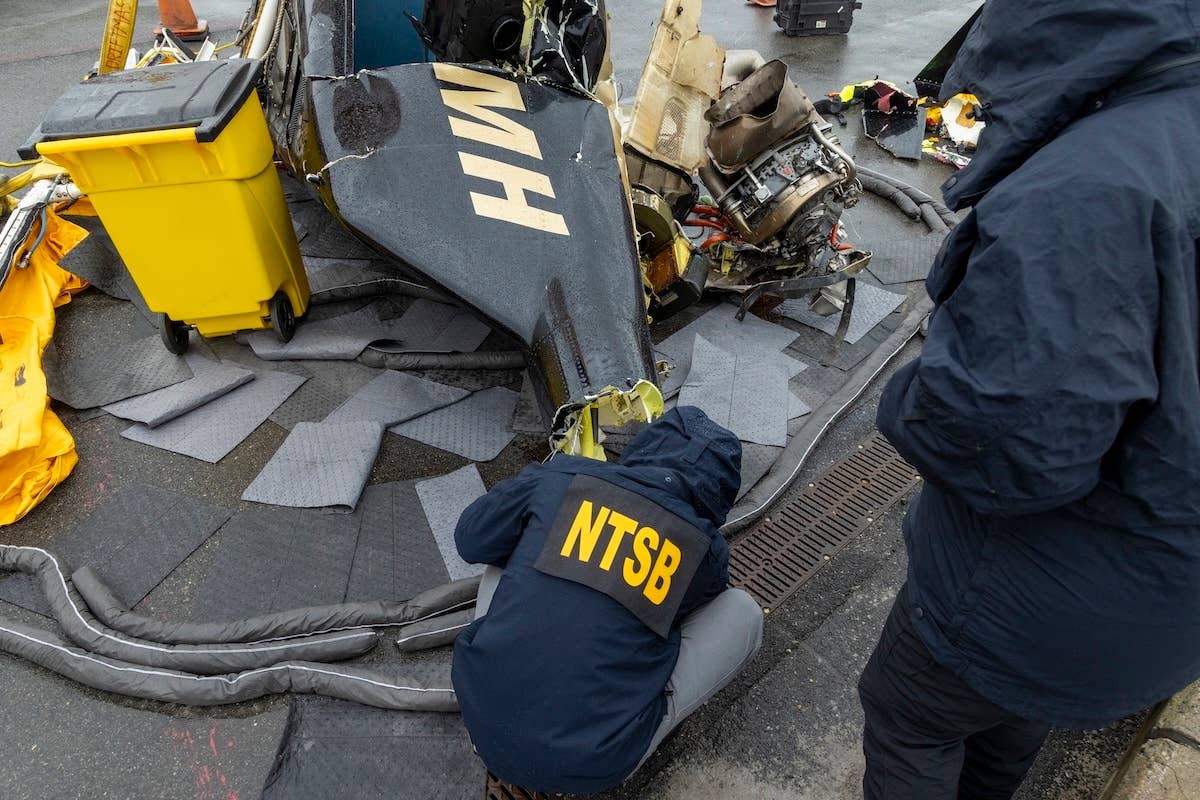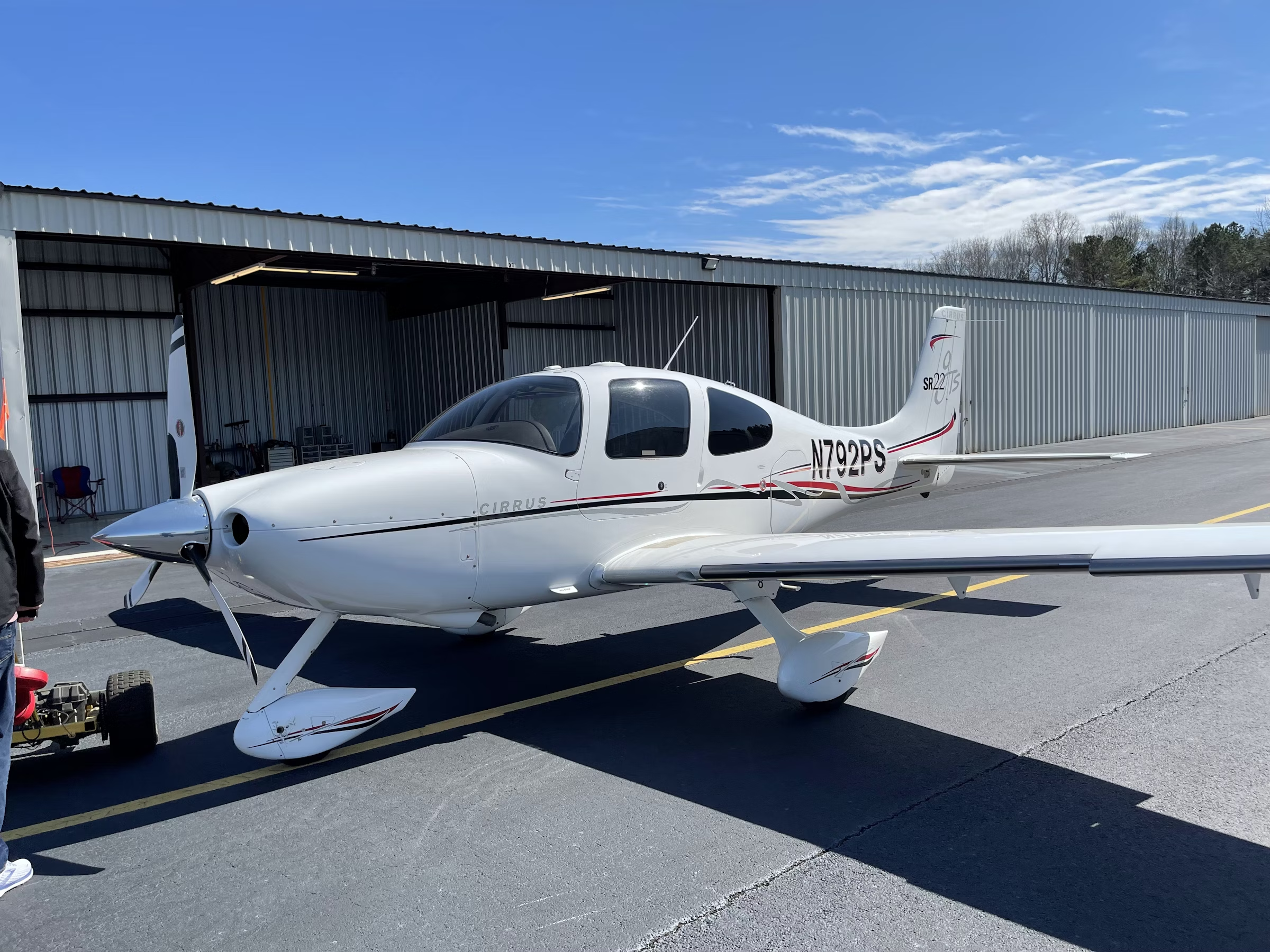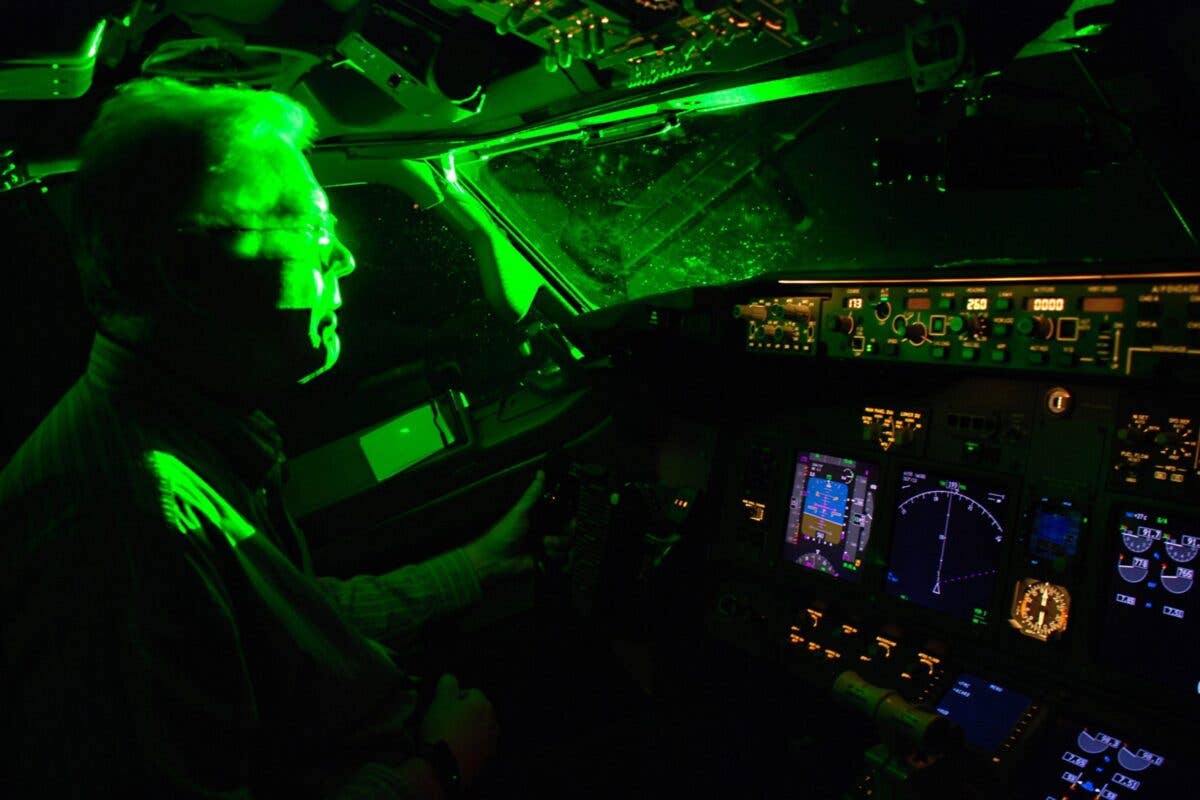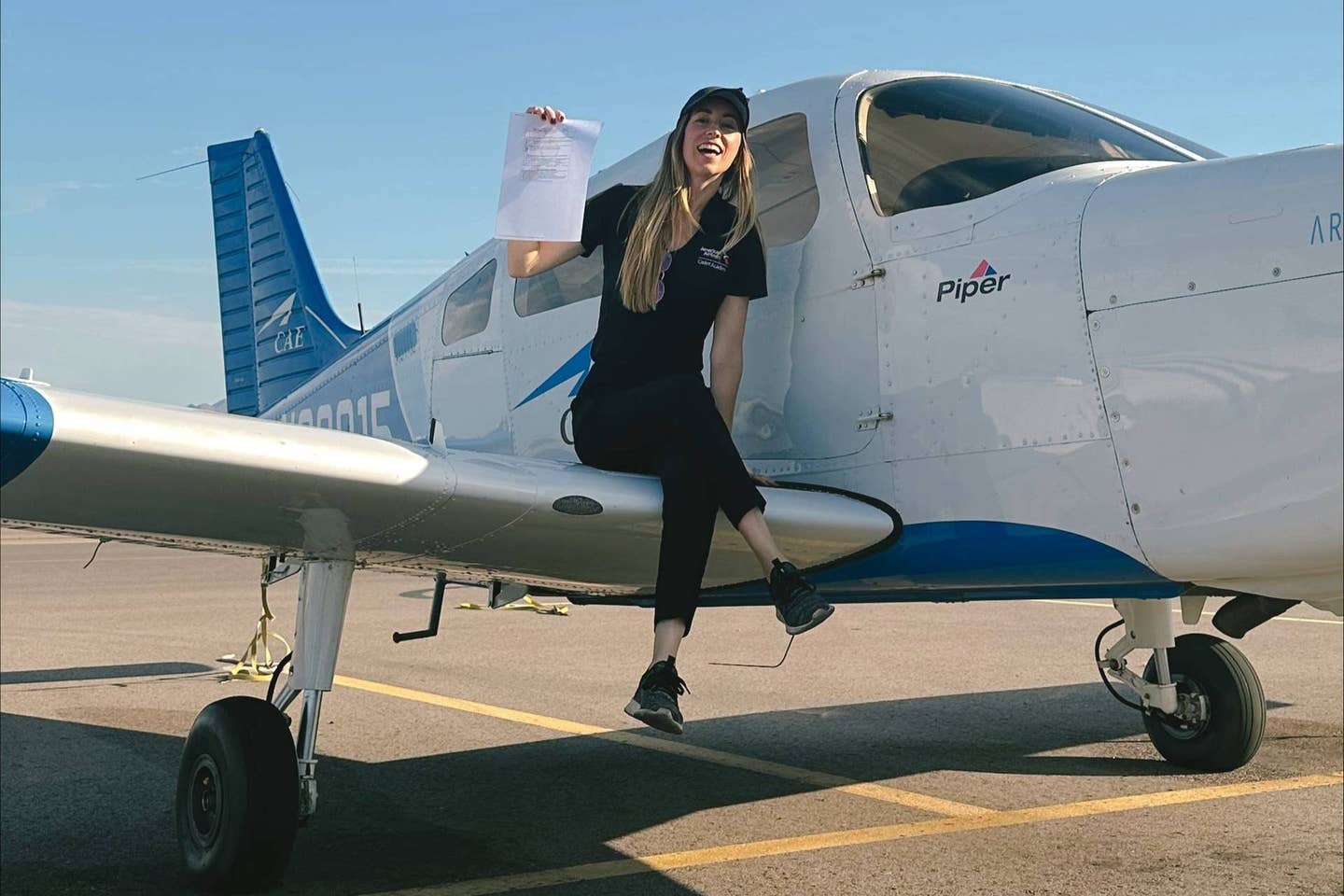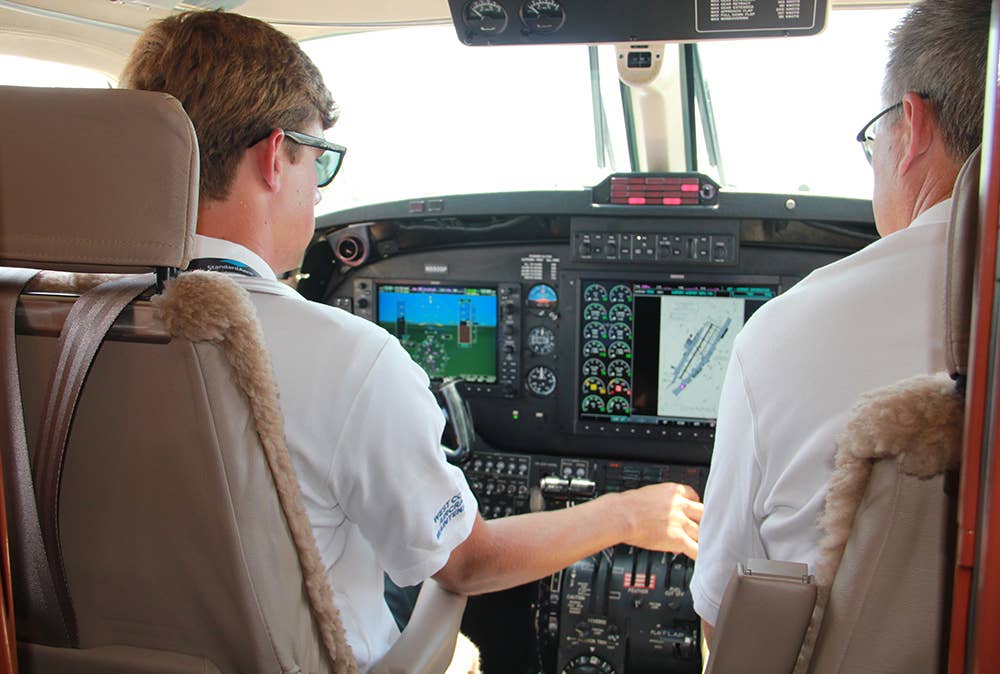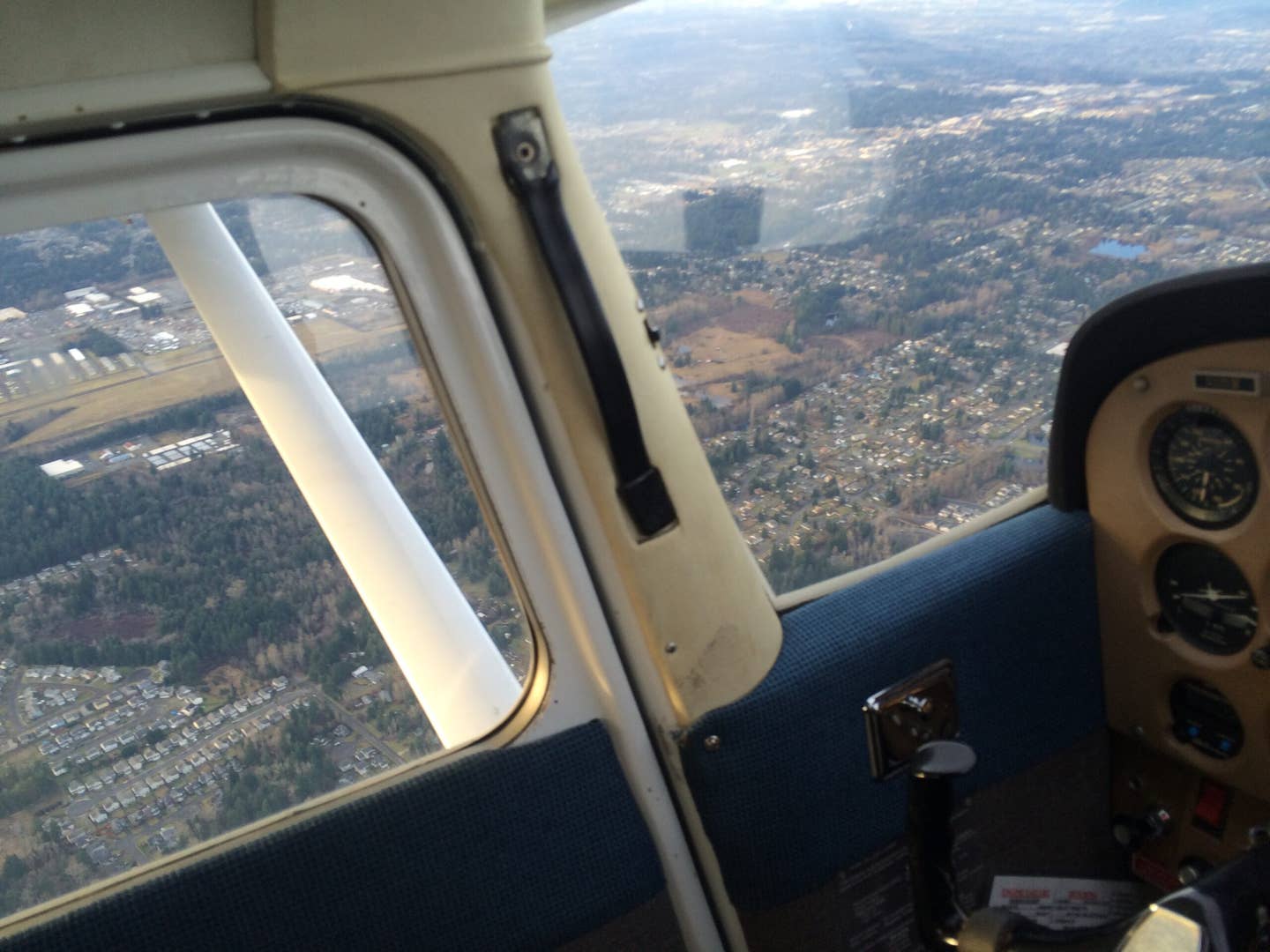Uber-Like Software Suite a Key Part of Joby Air Taxi Flight Plan
The company’s ElevateOS offering comprises a core operating system, rider and pilot apps, and matching engine that connects users to flights much like ride-hailing services.
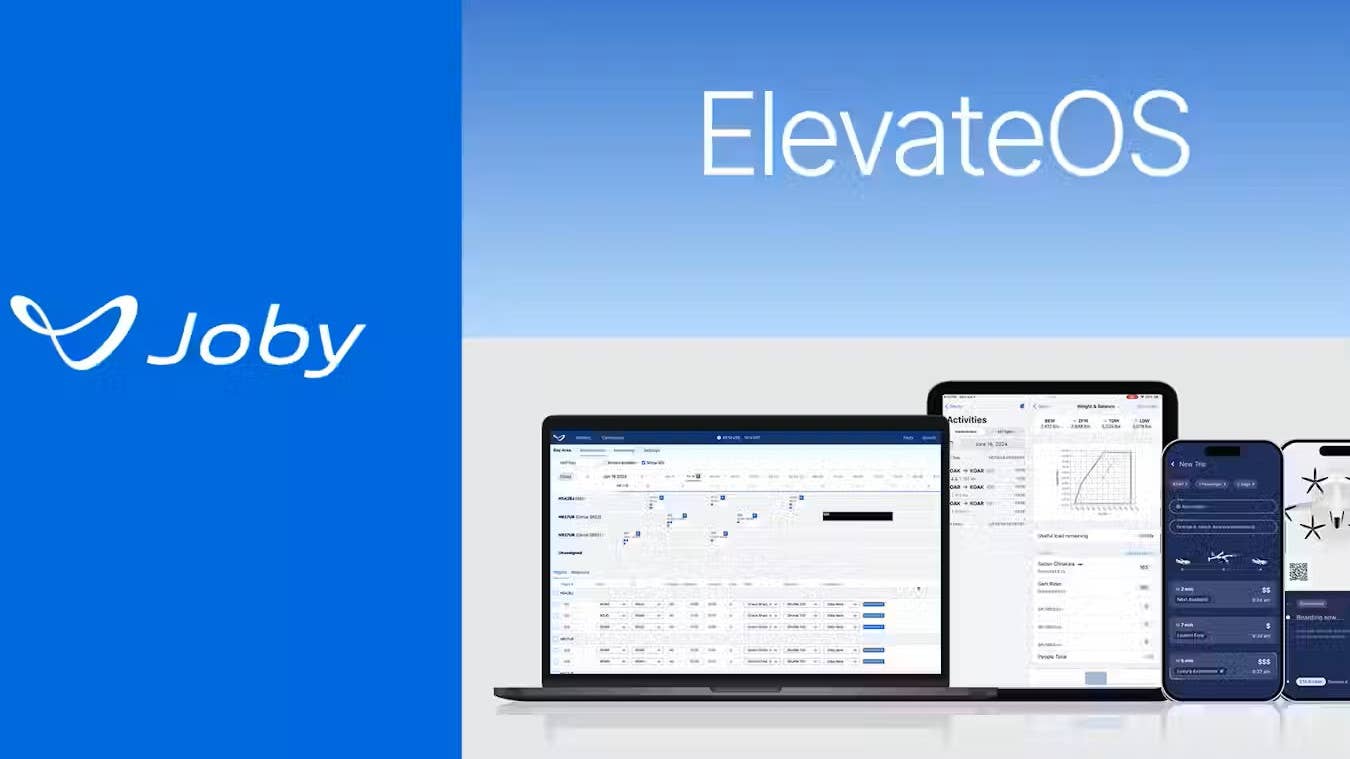
Joby’s ElevateOS software suite includes a pilot app, rider app, and core operation system to manage electric air taxi flights. [Courtesy: Joby Aviation]
Electric vertical takeoff and landing (eVTOL) air taxi company Joby Aviation unveiled a new technology offering that will help “Uberize” its service, so to speak.
Joby on Thursday introduced its Elevate Operating Software (ElevateOS), a suite of platforms designed to help the company support on-demand air taxi operations the same way Uber and Lyft manage ground-based rideshare services. According to the company, ElevateOS is approved for company use under the FAA Part 135 permissions it was awarded in May 2022.
The firm says the system represents a key piece of what it has termed its “preflight checklist”— a set of objectives it aims to complete before launching a commercial U.S. service in 2025 with partner and investor Delta Air Lines. Company executives talked at length about the blueprint during a presentation Thursday afternoon.
ElevateOS comprises three main applications—a core operations system that manages landing pad access, maintenance scheduling, and more, pilot app, and mobile-first rider app. A fourth component, which Joby describes as “an intelligent matching engine,” connects passengers to aircraft and takeoff and landing sites, akin to existing ride-hailing services.
Within the pilot app are tools that enable pre and postflight checks, ensure pilots are getting enough rest, and provide information on aircraft weight and balance through an integration with the rider app. The latter platform is intended to function much like the Uber app for riders, with which ElevateOS will actually have an integration at launch. Joby riders will be able to book on the Uber platform and vice versa.
“The air taxi service we plan to deliver isn’t like any sort of air travel that’s existed before,” said Eric Allison, the former head of Uber air taxi arm Elevate who now serves as chief product officer for Joby. The manufacturer acquired Uber Elevate in 2021. Allison also previously served as CEO of Zee.Aero—which would eventually become Boeing’s air taxi arm, Wisk Aero—for eight years.
“We expect travelers to book on-demand and to be boarding an aircraft just minutes later, much like the experience of using ground-based ridesharing today,” Allison added. “That required us to totally rethink the software and the operations of these aircraft.”
Elevate, which ran the short-lived Uber Copter service, failed, Allison said, because the software platform required for such a service did not yet exist. He and others who migrated to Joby developed ElevateOS from the ground up with the goal of bringing an on-demand service to the aerial realm, where scheduled flights are king.
According to Allison, the four key components of ElevateOS work in concert, communicating between one another to ensure operators, pilots, and other team members are on the same page. Each portion was built on the same platform in the same language, a strategy he compared to Amazon’s launch of Prime delivery services.
Leveraging the FAA Part 135 permissions it was awarded in May 2022, Joby already has put ElevateOS through two years of real-world testing.
Using a Cirrus SR22, which like its flagship air taxi is designed for a pilot to fly as many as four passengers, the company has been running an internal shuttle service for its team members through an early version of the rider app. Employees select a desired time, origin, and destination and are autonomously matched with other riders.
The app already handles payments for whole-aircraft flights, which has allowed Joby to offer charter services to some external customers as well. Additionally, the firm says it has integrated both the pilot and rider app with its backend software. By October of last year, all three main components were working in tandem and simulating real-world operations.
Now, Joby has the FAA’s sign-off to deploy these tools for commercial service when the time comes. The firm intends to use ElevateOS in its own operations, but it will also offer it to certain customers who purchase aircraft as part of a wider service package.
The Preflight Checklist
Joby on Thursday updated investors on its progress toward a commercial launch in a presentation that revealed the company’s completed and pending objectives. The so-called preflight checklist covers the company’s service, safety procedures, pilots, operating systems, and maintenance.
Much of the company’s certification work with the FAA will transfer to those international markets, Joby president of operations Bonny Simi said, through bilateral agreements with other regulators. The firm intends to offer pilot training, maintenance, repair, and overhaul (MRO), safety systems, and other services wherever it flies, bundling some of these into an offering for customers as well.
Having earlier this year received the first set of FAA final airworthiness criteria for an eVTOL design and acquired autonomous flight developer Xwing, Joby is making steady progress on the development of its aircraft itself. The next step will be adding it to the company’s Part 135 certificate, a process Simi said has already begun.
Understanding that it cannot simply drop its air taxi into the existing airspace system and expect success, Joby is now in the process of building a new ecosystem for its flagship design.
ElevateOS checks several boxes. But the biggest area of need, according to the preflight checklist, is pilots. Currently, no FAA-certified eVTOL, or powered-lift, pilots exist. The agency is in the process of developing training and certification requirements for these pilots, which Joby is using to design an internal training course.
The company aims to develop an FAA-approved program comprising Part 141 pilot school certification, Part 142 training organization approval, and Level 3 full flight simulators qualified under Part 60.
It says it has already developed an aircraft-specific course to train qualified commercial pilots to fly its air taxi. The program was borne out of a partnership with Canadian flight simulator developer CAE, which in 2022 agreed to build immersive eVTOL training simulators for Joby.
These full-motion, six-axis simulators, capable of mimicking the eVTOL flight envelope, will be used in training, a requirement for companies building a single-pilot air taxi. Joby says it has already begun the multiyear development and approval process, performing hundreds of tests, comparing simulator and aircraft data, and working closely with the FAA. It believes it is on track to certify the device before its U.S. launch. A modified version of the simulator will be used to train pilots in the United Arab Emirates.
According to Joby, 10 Air Force pilots have now flown the aircraft through a full transition from hover to forward flight. It expects to be able to train a commercial airline pilot to fly the air taxi in about six weeks. In the early years of operations, the aircraft will likely be staffed by pilots with experience flying for airlines or the military, and who would prefer to live and work in the same region.
Already, the company has begun private pilot training and ground school to help new pilots to obtain an initial rating, which could then be used to add powered-lift permissions. It says it is on the way to certifying a Part 141 training academy. Additionally, should Joby secure Part 142 approval, it could sell training as a service to customers.
On the maintenance side, Joby is using its recently acquired FAA Part 145 certificate to design a comprehensive MRO network for itself and its customers. In designing its aircraft with systems such as direct drive motors, the company’s goal is to reduce maintenance costs and increase aircraft availability compared to helicopters. It intends to use predictive maintenance planning, tracking the wear and tear of components to preempt any issues that would sideline the aircraft.
The company is in the process of establishing MRO services in Dubai and has already completed some MRO work in advance of operations. The goal is to one day add that capability to its entire fleet to keep operations around the globe humming. A $1 million FAA grant, intended to help Joby design one of the first training programs for eVTOL mechanics, will aid those efforts.
Another dimension Joby is concerned with is safety, which Allison called “the North Star of everything we do.”
In January, the FAA announced that a Part 5-approved Safety Management System (SMS), previously a voluntary measure, would be required for all Part 135 air operators. Simi described the SMS as an organization-wide approach to managing risk. Joby in 2023 became the first eVTOL company to get an SMS approved by the FAA and is in the process of implementing it across all operations, from manufacturing to training to MRO. It is also working to incorporate an SMS for original equipment manufacturers, another new requirement.
Joby expects to achieve type certification in the coming months prior to a planned launch in New York and Los Angeles with partners Delta and Uber, which according to Simi is the first phase of the company’s commercial rollout. Following that, it will ramp up to missions with the U.S. Department of Defense and expand to overseas markets such as the UAE, where it has a six-year agreement to operate an air taxi service in Dubai. It also plans to sell aircraft to Mukamalah, the aviation arm of Saudi Aramco.
Like this story? We think you’ll also like the Future of FLYING newsletter sent every Thursday afternoon. Sign up now.

Sign-up for newsletters & special offers!
Get the latest FLYING stories & special offers delivered directly to your inbox

